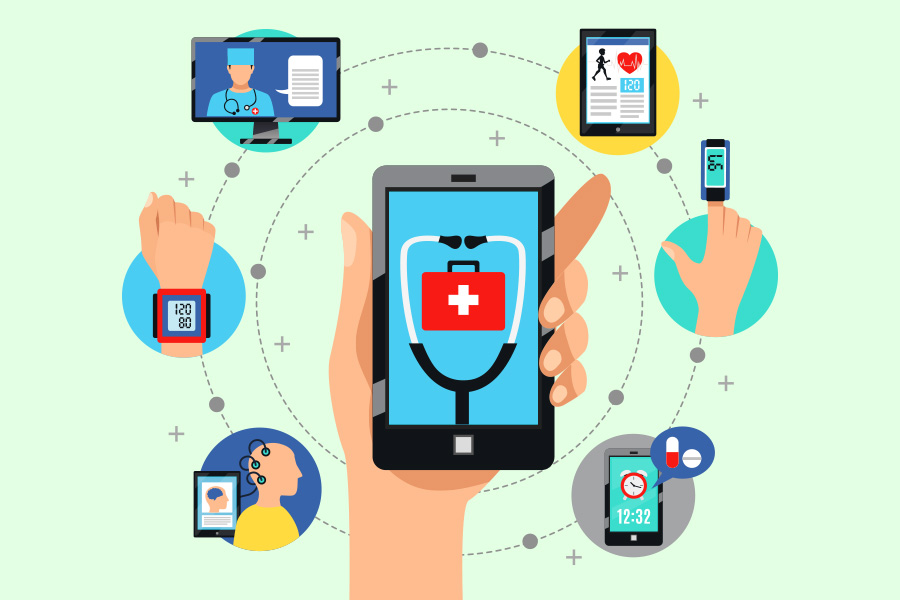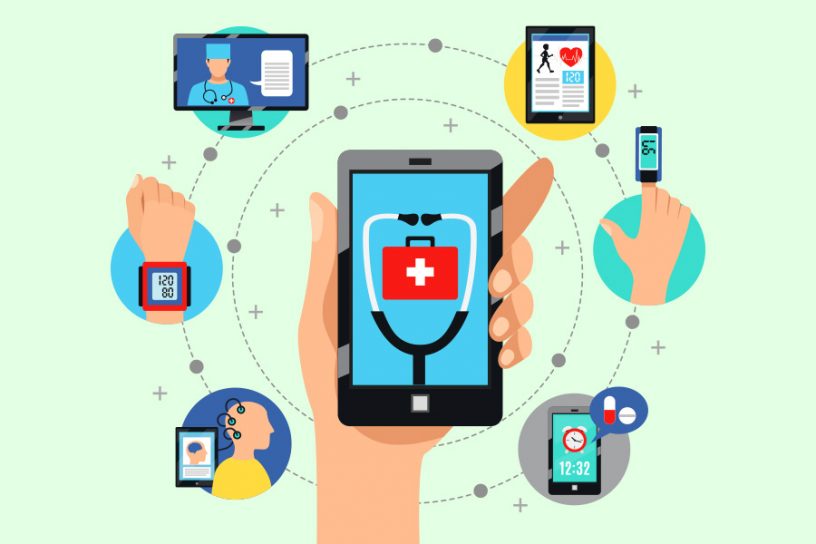
Using a case study of Varanasi city in Uttar Pradesh, this study documents whether — and to what extent — digital technologies and services enable citizens and service providers to access and improve their lived experiences.
Author
Sneha Krishnan, Associate Professor, Jindal School of Public Health and Human Development, O.P. Jindal Global University, Sonipat, Haryana, India; Environment, Technology and Community Health Consultancy Services, Mumbai, Maharashtra, India.
Summary
There is a proliferation of digitalisation of urban and health services in India under the Smart City and Digital Health missions, respectively. This study brings digital and feminist geographies together to understand the role of technologies in urban areas, particularly in health service delivery and how healthcare workers mediate these health platforms.
Using a case study of Varanasi city in Uttar Pradesh, India this study documents whether—and to what extent—digital technologies and services enable citizens and service providers to access and improve their lived experiences. The findings indicate a top-down, innovation-focussed model is adopted which excludes and alienates different user groups and citizens shaping their interaction and access to these services.
Published in: Cambridge Journal of Regions, Economy and Society
To read the full article, please click here.


